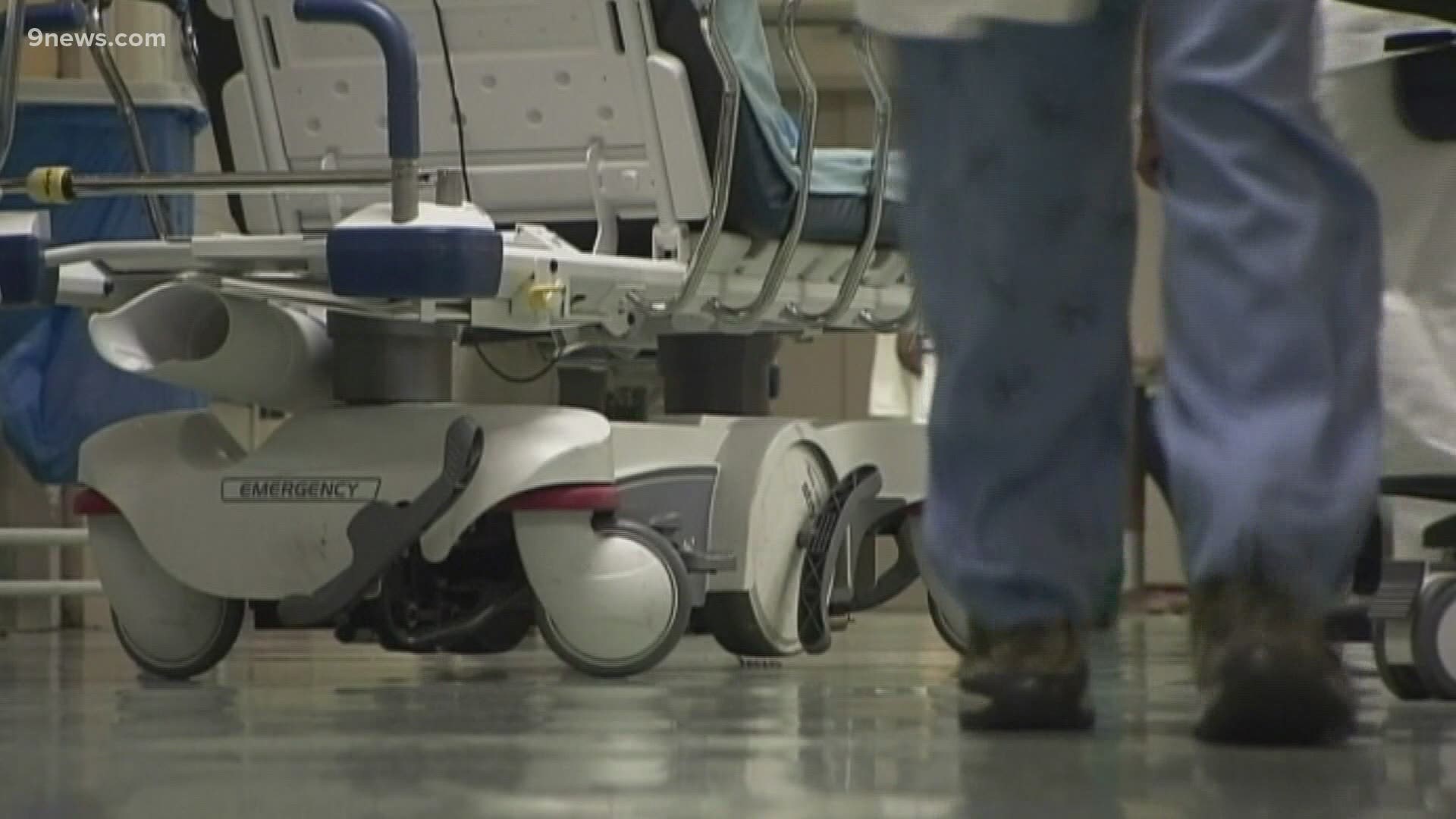DENVER — Researchers looking into the effects of COVID-19 on the brain have found that nearly one out of every five people diagnosed with the virus is also diagnosed with a psychiatric disorder within three months.
Some of those disorders mentioned in The Lancet Psychiatry Journal are anxiety, depression and insomnia.
“It does not surprise me that there are a lot of COVID patients, especially the severe ones, that are dealing with this,” Ravi Turman told 9NEWS.
Turman spent 15 days fighting COVID-19 at UCHealth University of Colorado Hospital at the beginning of the pandemic.
She was the first person in her COVID-19 unit to be taken off a ventilator.
“I’ve got scars on my body that I see all the time, and so that affects my mind because it makes me go back to that.”
The isolation, fear for her life, pain of treatment, and inability to move about normally were all experiences that have created lasting implications.
“I knew there was going to be a road ahead for me,” Turman said.
Turman’s post-COVID anxiety is now something therapists in Colorado are seeing in other COVID-19 survivors.
“I have seen patients who have suffered from COVID-19, and within the next few months, have developed increases in anxiety, depression and even suicidality,” Dr. Patricia Westmoreland told 9NEWS.
Westmoreland is a psychiatrist at HealthONE Behavioral Health and Wellness Center.
She says there are a variety of factors that may go into this. Genetics is one of them.
“I think certainly people have a propensity, some more than others, to develop anxiety and depression,” Westmoreland said.
There are other factors at play, though.
“You have to look at the stress that comes into play when someone is diagnosed with COVID,” Westmoreland told 9NEWS. “As we certainly learned in medical school, stress activates your HP axis. You pump out a lot of cortisol, which is a stress hormone, and we know from studies that have been done over the years that cortisol is not very good for your brain. It makes it hard for you to think, it makes it hard for you to remember things, and sometimes it also makes you very depressed.”
Westmoreland believes we also have to consider the effects of the virus itself.
“We certainly know with many viral illnesses, for example Epstein Bar virus and HIV virus, they have a propensity to create depression and anxiety in people who otherwise did not suffer from those conditions.”
More research needs to be done, she said, including research to find out if standard medications that deal with mental health disorders are still effective in COVID-19 survivors.
“Maybe even treatments that are being developed right now to treat the virus itself might actually have an effect on the depression and anxiety that develops as a result of the virus,” Westmoreland said.
In the meantime, Westmoreland believes we all need to be on the lookout for symptoms of depression, anxiety and insomnia in our friends and family members who have had COVID-19.
Turman is also begging fellow survivors to advocate for themselves.
“A lot of the people in the African American community, especially my generation and above,” Turman said. “They don’t talk about mental health issues. They refuse to talk about it. Don’t cut yourself off, even though we have to somewhat stay away from everyone. At the same time, seek friends, seek support and seek help.”
RELATED: VERIFY: Study finds COVID-19 spread mostly happens in a few common locations, but context is needed
Turman is part of various COVID-19 survivor groups on Facebook.
UCHealth also has therapists involved in their “Post COVID Clinic”.
SUGGESTED VIDEOS: COVID-19 Coronavirus

